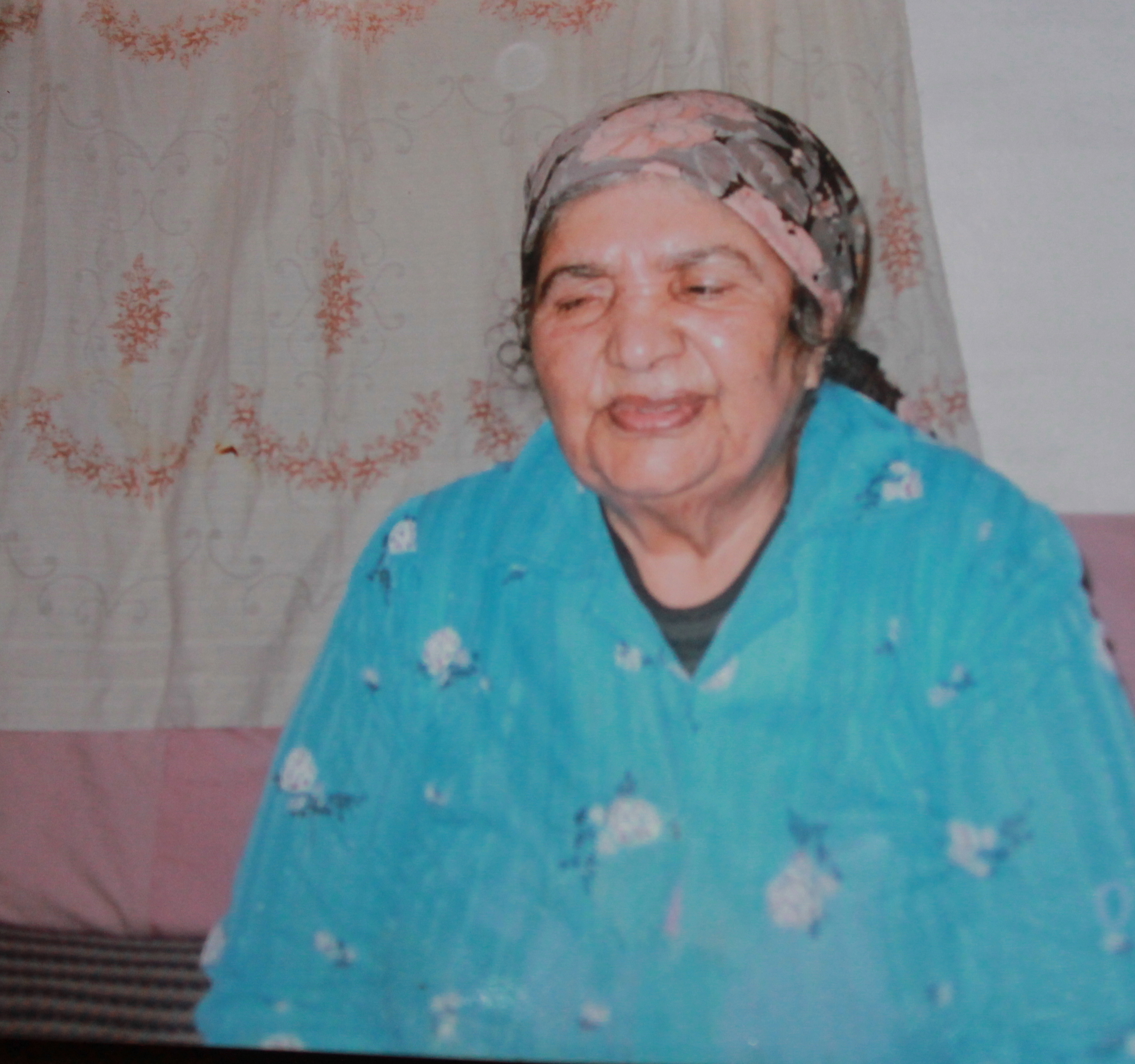Category: Reports
-
Ongoing resistance in Bil’in
9th August 2013 | Friends of Freedom and Justice | Bil’in, Occupied Palestine Resistance in Bil’in continued on the second day of the Eid Al Ftir holiday, in solidarity with Palestinian prisoners in their hunger strike. One female activist was arrested and there were dozens of cases of teargas suffocation in the Bil’in weekly march. This…
-
Anxious Eid for family of prisoner in Hebron
8th August 2013 | International Solidarity Movement, Khalil Team | Hebron, Occupied Palestine For one Hebron family, this year’s Eid is more worrisome than festive. They will have to spend it wondering about their father and husband, whom they have not been able to talk to since the 4th of August. Last Sunday at around…
-
Video – Amena Rabo: A life under occupation
6th August 2013 | International Solidarity Movement, Khalil Team | Hebron, Occupied Palestine On the 2nd of August, Amena Abed AlFatah Abed Rabo passed away in Hebron. She was 71 years old and suffered a stroke. However, Amena might still have been with us, had the Israeli military let the ambulance through the many checkpoints.…


